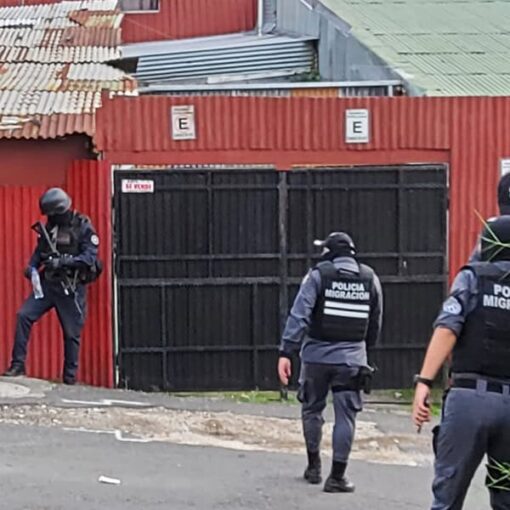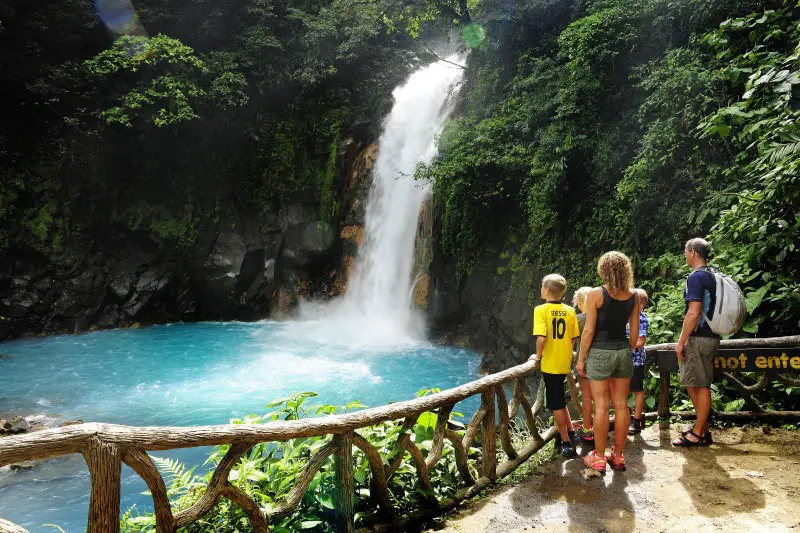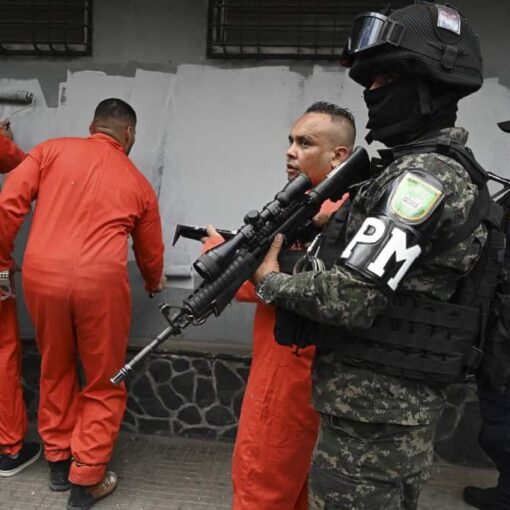The deputies of the special commission that analyzed the issue of extradition of Costa Ricans linked to drug trafficking and terrorism welcomed the basic text and recommended that the Plenary approve the constitutional reform.
The issue, put up for discussion by the Executive Branch through the ruling faction, passed the analysis stage and will now come to the discussion in the Plenary, where it must be voted on in the first debate of the first legislature and sent to the Constitutional Chamber.
The vote on the report was unanimous by the legislative body, which in a matter of a month received constitutional experts, security authorities and also specialists from Mexico and Colombia. Also, the Attorney General’s Office made it clear that a fundamental right of people would not be limited.
The reasons of each legislator
Each of the deputies gave their opinion as to why they voted in favor. “I must admit that when I began the work of this commission I was quite skeptical that with a partial reform we could allow extradition. I think that the fact that it was possible to analyze it in detail, receive experts, have an exchange with them is a sign that dialogue works,” said Eli Feinzaig, of the Progressive Liberal Party. “That opinion that I had before starting changed over the course of the sessions of this commission,” he added, making it clear that the reform is necessary.
Paulina Ramírez, from the PLN, was emphatic that this step must be taken and that there is no doubt that people’s rights are not harmed. “Non-extradition is not a right or prerogative inherent to every person due to their human dignity. That is, non-extradition is not a fundamental right, therefore, allowing the extradition of Costa Rican people does not harm the principle of progressiveness of human rights,” she indicated.
Expand crimes
One of the main discussions that took place during the sessions of the legislative body was about expanding the crimes for which the extradition of Costa Ricans can be allowed.
The issue was put on the table by the Minister of Security, Mario Zamora, and was supported by authorities from the Public Ministry, as well as the Colombian prosecutor who appeared before the legislators.
Several of the deputies are in favor of this happening, which would have to be changed during the discussions in the Plenary, since the commission could not change the text presented.
“I have maintained the idea that this partial reform to the Political Constitution could be very limited in that it only contemplates the cases of international drug trafficking and terrorism, so the possibility of incorporating other related criminal conduct should be considered, such as, for example, money laundering,” said Ramírez.
The same criterion was issued by Eli Feinzaig, based on the recommendation given by the Colombian prosecutor, who pointed out that the United States is requesting extradition for crimes such as illicit association and money laundering itself. “They are the vehicles that terrorist organizations and drug traffickers use to generate their criminal plans,” said the liberal.
The president of the commission, Óscar Izquierdo of the PLN, reported that they received from former magistrate Carlos Arguedas a proposal to modify the text, which will be seen as a motion in the Plenary.
The legislative body was composed of Izquierdo and Ramírez of the PLN, Feinzaig of the PLP; Horacio Alvarado from the PUSC, David Segura from New Republic; as well as Pilar Cisneros from the ruling party and Priscilla Vindas from the Frente Amplio.
– Advertisement –
Source link
Beleida Delgado



